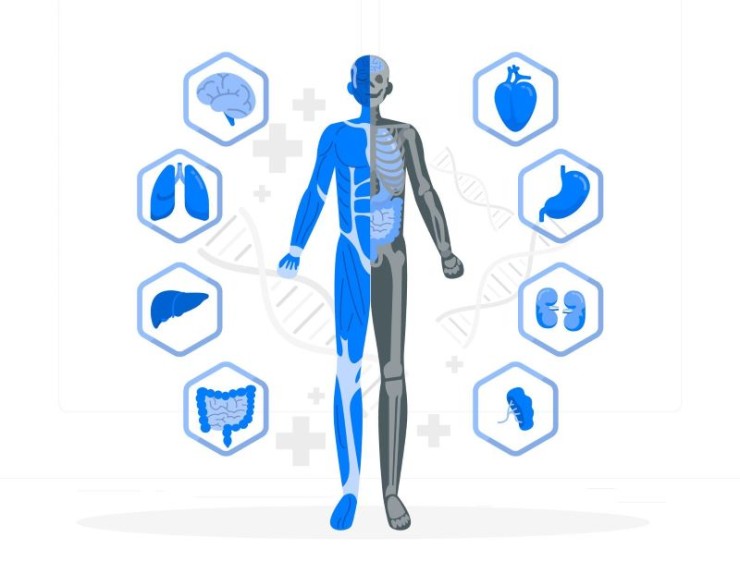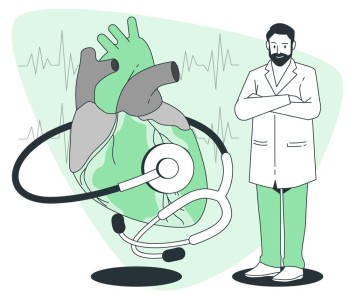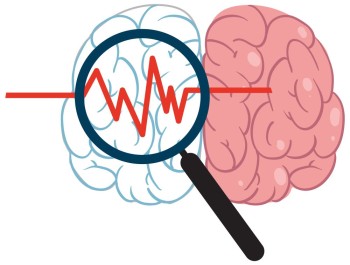
In the realm of medical diagnostics, MRI whole body scans have emerged as a cutting-edge technique, offering a comprehensive view of internal structures.
MRI Whole body
Scan with Cost
MRI Whole Body
Scan in Detail
Introduction to MRI Whole Body Scans:
In the realm of medical diagnostics, MRI whole body scans have emerged as a cutting-edge technique, offering a comprehensive view of internal structures. This non-invasive procedure utilizes Magnetic Resonance Imaging (MRI) to capture detailed images throughout the entire body.
Benefits of Whole Body MRI:
Early Detection of Abnormalities:
Early detection stands as a hallmark benefit of whole body MRI scans. From identifying tumors to detecting lesions, this imaging method allows for prompt intervention and treatment, potentially saving lives.
Non-Invasiveness:
Unlike certain imaging procedures that involve radiation or invasive techniques, whole body MRI scans are non-invasive. This aspect minimizes potential risks and discomfort for the patient.
Holistic Assessment:
One of the significant advantages lies in the holistic assessment it provides. Whole body MRI allows healthcare professionals to examine multiple organs and tissues in a single imaging session, offering a comprehensive understanding of the patient's health.
Procedure of a Whole Body MRI:
Patient Preparation:
Before undergoing a whole body MRI scan, patients may need to follow specific preparation instructions, such as fasting or avoiding certain medications. These guidelines ensure optimal imaging results.
Duration of the Scan:
The duration of a whole body MRI scan can vary, typically taking around 60 to 90 minutes. During this time, patients must remain still to ensure clear and accurate results.
Detailed Imaging Aspects:
Soft Tissue Evaluation:
Whole body MRI excels in capturing detailed images of soft tissues, including muscles, organs, and blood vessels. This level of detail aids in the identification of abnormalities or pathologies.
Bone Marrow Assessment:
The technique is particularly useful for evaluating bone marrow, assisting in the detection of conditions affecting the bone marrow, such as leukemia or bone metastases.
Vascular Imaging:
Whole body MRI is adept at vascular imaging, providing a comprehensive view of the blood vessels throughout the body. This is valuable for assessing vascular conditions or anomalies.
Clinical Applications of Whole Body MRI:
Oncology:
In oncology, whole body MRI plays a crucial role in cancer staging, monitoring treatment response, and detecting metastases.
Neurological Assessment:
For neurological conditions, the scan can offer insights into brain and spinal cord abnormalities.
Rheumatological Evaluation:
Whole body MRI is valuable in rheumatology for assessing joints and detecting inflammation in conditions like arthritis.
Considerations and Limitations:
Use of Contrast Agents:
In some cases, contrast agents may be administered to enhance the visibility of certain structures. However, considerations regarding allergies or renal function are essential.
Addressing Claustrophobia:
Patients with claustrophobia may find the confined space of the MRI machine challenging, and accommodations or alternatives may be considered.
Whole Body MRI in Comparison to Other Imaging Techniques:
Comparing whole body MRI to other imaging techniques, such as CT scans or PET scans, reveals the unique advantages it brings to the table in terms of comprehensive assessment and absence of ionizing radiation.
Future Developments in Whole Body MRI Technology:
As technology advances, the future holds exciting possibilities for whole body MRI. Developments in imaging resolution, speed, and accessibility are anticipated, further enhancing its diagnostic capabilities.
Importance of Regular Whole Body Scans:
Emphasizing the significance of regular whole body scans in preventive healthcare, these screenings enable the early detection of potential health issues, contributing to proactive and personalized medical care.
Conclusion:
In conclusion, the marvel of whole body MRI scans lies in their ability to provide a detailed, non-invasive, and holistic assessment of the body's internal structures. From early detection to precise imaging, this technique stands as a beacon in modern medical diagnostics.
FAQs:
Are whole body MRI scans safe?
Whole body MRI scans are considered safe, utilizing non-ionizing radiation and posing minimal risks.
How often should one undergo a whole body MRI scan?
The frequency of whole body MRI scans depends on individual health factors and the recommendations of healthcare professionals.
Can whole body MRI detect all types of cancers?
While whole body MRI is effective in detecting various cancers, it may not be equally sensitive for all types. Consultation with healthcare providers is crucial.
Is the use of contrast agents in whole body MRI common?
The use of contrast agents in whole body MRI is not uncommon, especially when enhanced visibility of specific structures is required for a more accurate diagnosis.
Can individuals with claustrophobia undergo whole body MRI scans?
Individuals with claustrophobia may find whole body MRI scans challenging. However, accommodations and alternatives can be explored to ensure a comfortable experience.
(0)
Login to continue



